I read through a New Yorker article, by Joshua Rotham, on a movement that pushes for people to stop having kids. Referred to as the anti-natalist movement, adherents argue that because human suffering is immense and reaches all forms of life beyond the human race, humans should stop procreating. Essentially, as the article title suggests, while existing life is better than death, “not being born is better” than being born at all. The article profiles South African philosopher David Benatar, who has become known for promoting this movement through his academic work; however, what sets him aside from other anti-natalists is that he is not a nihilist/misanthrope. His concerns come from a space of compassion: suffering is worse than pleasure, and no one should have to experience. If you’re interested in what he has to say, you can continue reading the article here.
It’s interesting that I stumbled upon this article this morning, because I used to hold a similar view for several years. Then, I was a lot closer to the rawness of trying to kill myself due to despair from anxiety and severe depression. My central concern was passing on mental illness and raising my theoretical child an anti-black world, along with miscellaneous, but interconnected, worries on parenting, cycles of abuse, etc. I thought that these concerns were compassionate. I don’t think I should have suffered in the way I did, and I don’t like hearing that others go through the same harm. In general, I don’t believe people should suffer, and I try to help them avoid it (to my own peril most of the time lol) at all costs.
But the answer, for myself and in relation to others, is not to argue that everyone should cease to exist to avoid suffering. I don’t agree with the Weber/(Protestant) Christian ideal is to suffer for reward or intellectual insight and emotional growth. But it is selfish to presume that your version of compassion should be the universal understanding or choice for others who also have to contend with their own suffering. This is particularly poignant to me irt racism and Afro-pessimissim. Racism, especially anti-black racism, is deeply entrenched, vast, and penetrating in our world, leading to material, psychological, and social damages that have fatal costs. When folks are focused on the existence, presuming that the deepness of the problem is seemingly infinite, the answer becomes that black people are doomed, forever. It misses the point that black people exist and continue their lives outside the frame of whiteness, and see themselves as human beings, deserving of the things human beings deserve and look forward to. There is nothing so totalizing that it closes off hope and possibility for change.
The other problem with the anti-natalist view is that its understanding of compassion assumes that accountability and justice are impossible. Like many Afro-pessimist works, accountability, justice, and change are highly unlike, or outright impossible. In doing so, it forecloses responsibility for peoples’ bad behavior. The desire and work towards responsibility and accountability, I believe, is compassion in action without selfishness. It seeks to resolve an problem with an eye towards accountability and justice. Of course, such things are many times elusive, and because of greed, laziness, contempt, etc (alllll the isms), they are passed down as work for several generations. This perhaps privileges a long-view of history, which does not follow a linear path to progress (in fact, it zig-zags all over the place, as the African and African diaspora cases make clear). But gains are made when we continue to work, continue to believe in the transformation of the world into what it could be, and continue to joy in spite of injustice and suffering. In short, it is refusal to indulge in the selfishness of a totalizing framing of suffering.
This may be the actual selfish part of this essay, but I deserve to receive and distribute joy. I deserve to work towards building a world with less suffering my hypothetical child. As someone who lives with a multitude of privileges in the wealthiest nation on Earth, I deserve to labor against the conditions that enable human suffering to exceed what it needs to be, because it is man-made, not natural. Simultaneously, the specter of racist degradation, violence, and death is forever here, but I spite it by living a fulfilled life with a family, joy, accountability, and hope, just as my ancestors did and my descendants will continue to do. Life is worthwhile.
In conclusion, anti-natalism on the surface appears to be a compassionate ideology, but it is just as selfish as it presumes its counterpart to be. It lacks imagination and creativity when (not) addressing human suffering head-on. Ironically, it also shares the sexist, racist, and profoundly ableist thoughts that inform the population capacity/control movements. So, basically, hard pass. Nah.
- Note: Deep consideration of mental illness and end of life is beyond the scope of this essay. I am not, as someone who survived my own attempt, one interested in judging individual or collective cases of end of life situations. It is a separate question, and I’m not interested in moralizing it here.

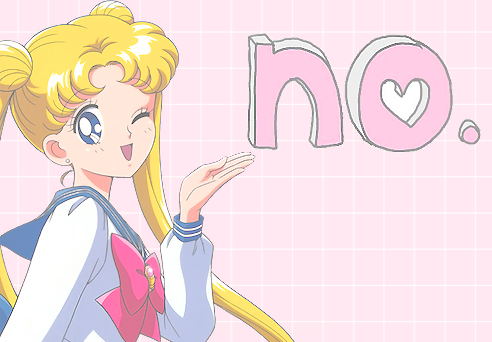 Denying oneself confidence and compassion is cruel.
Denying oneself confidence and compassion is cruel.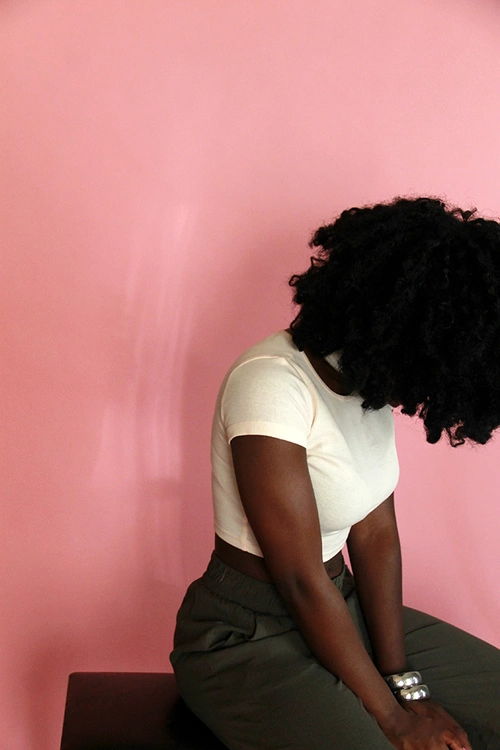
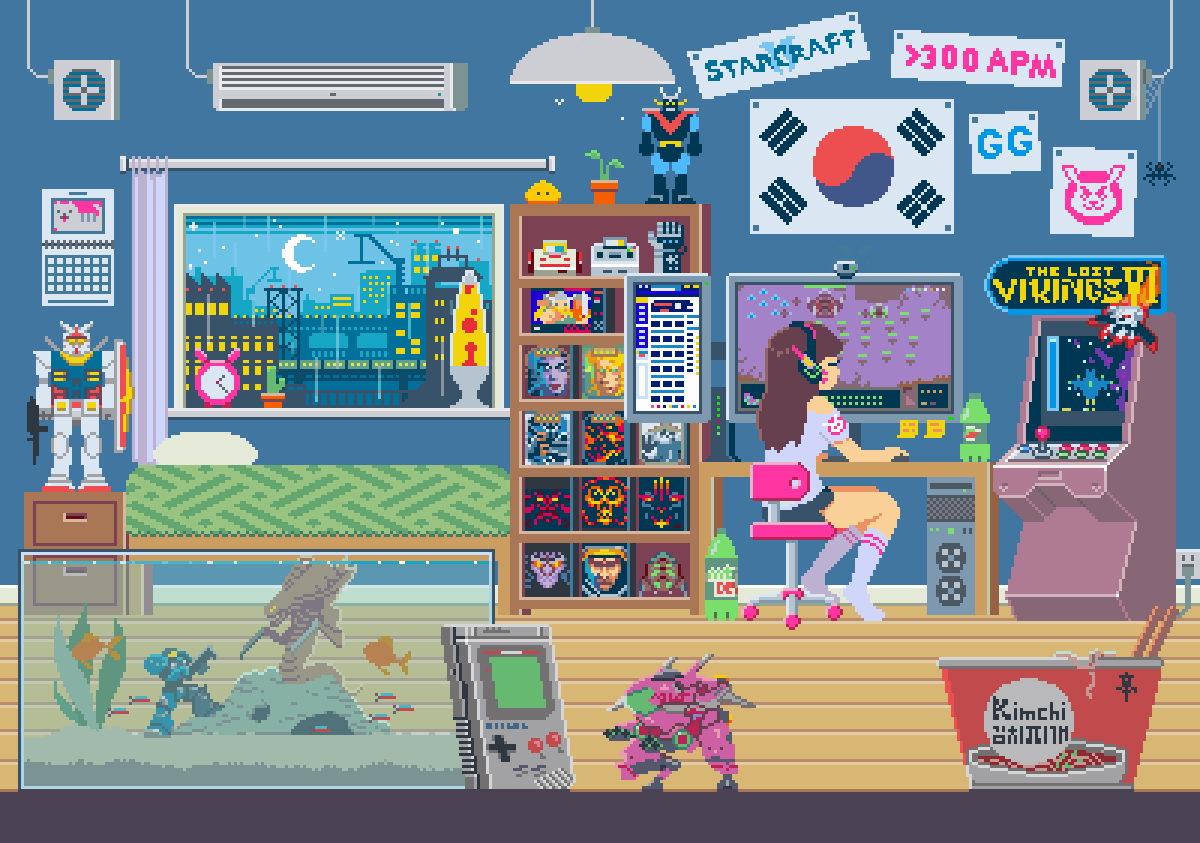
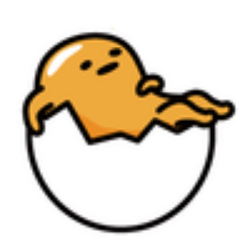


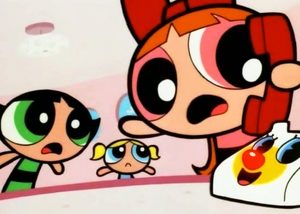
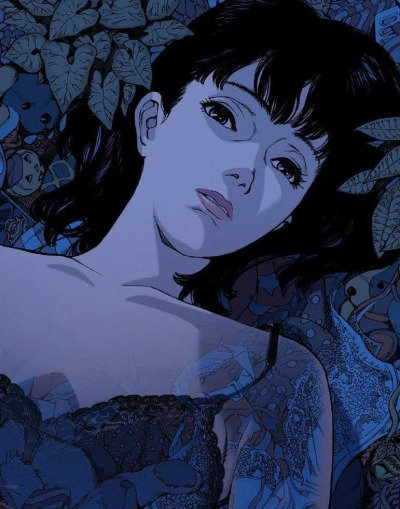 Poster for Satoshi Kon’s Perfect Blue (1997)
Poster for Satoshi Kon’s Perfect Blue (1997)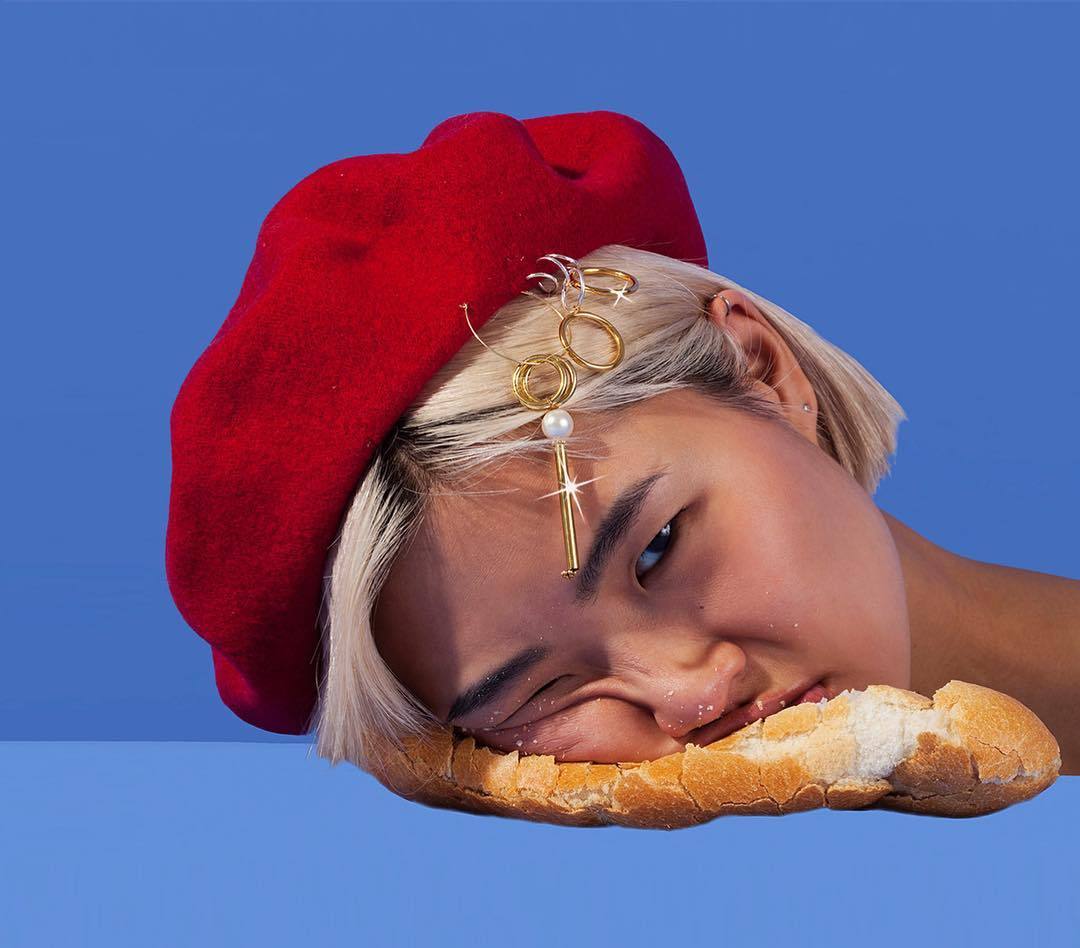 Photo credit:
Photo credit: